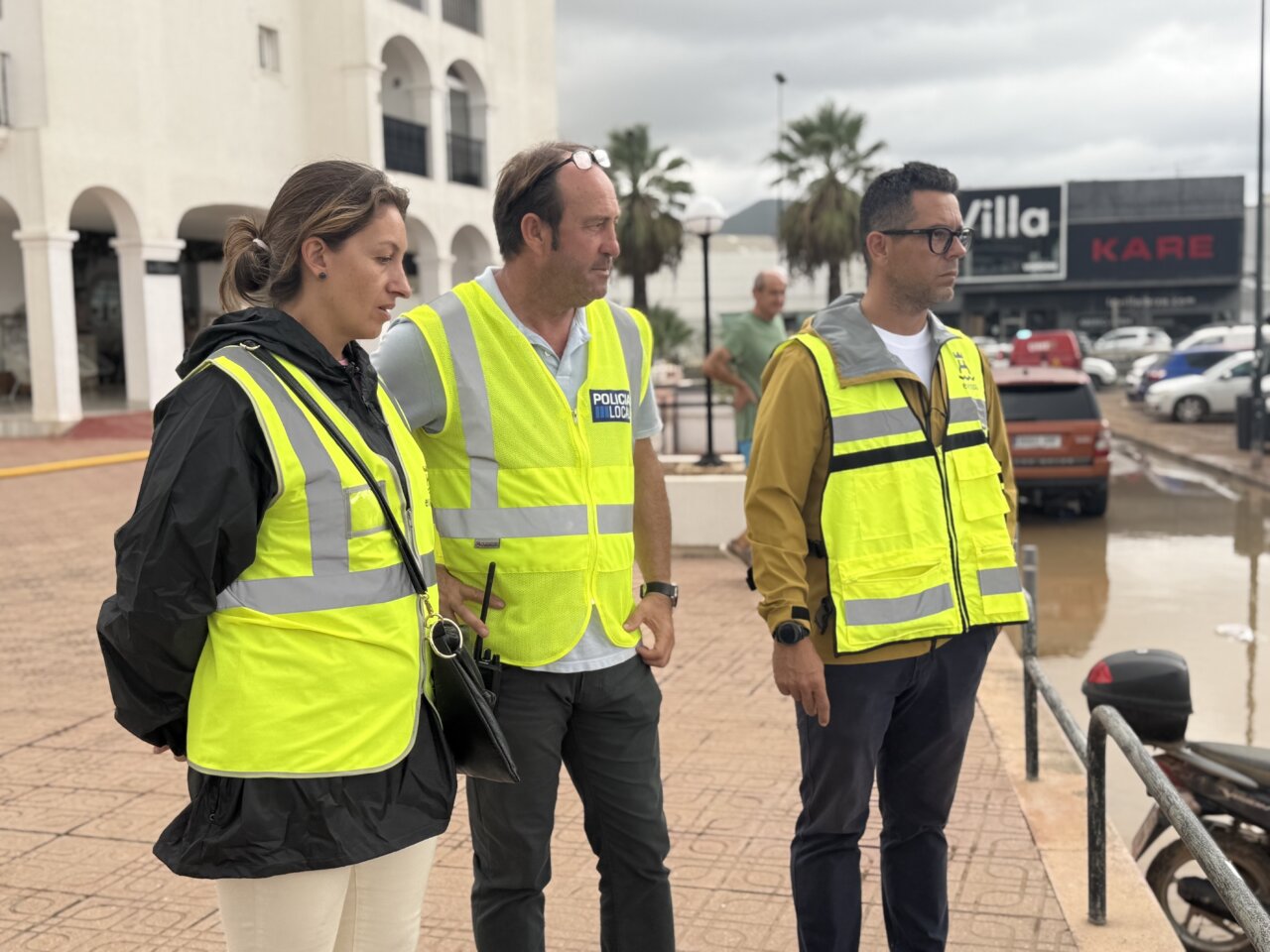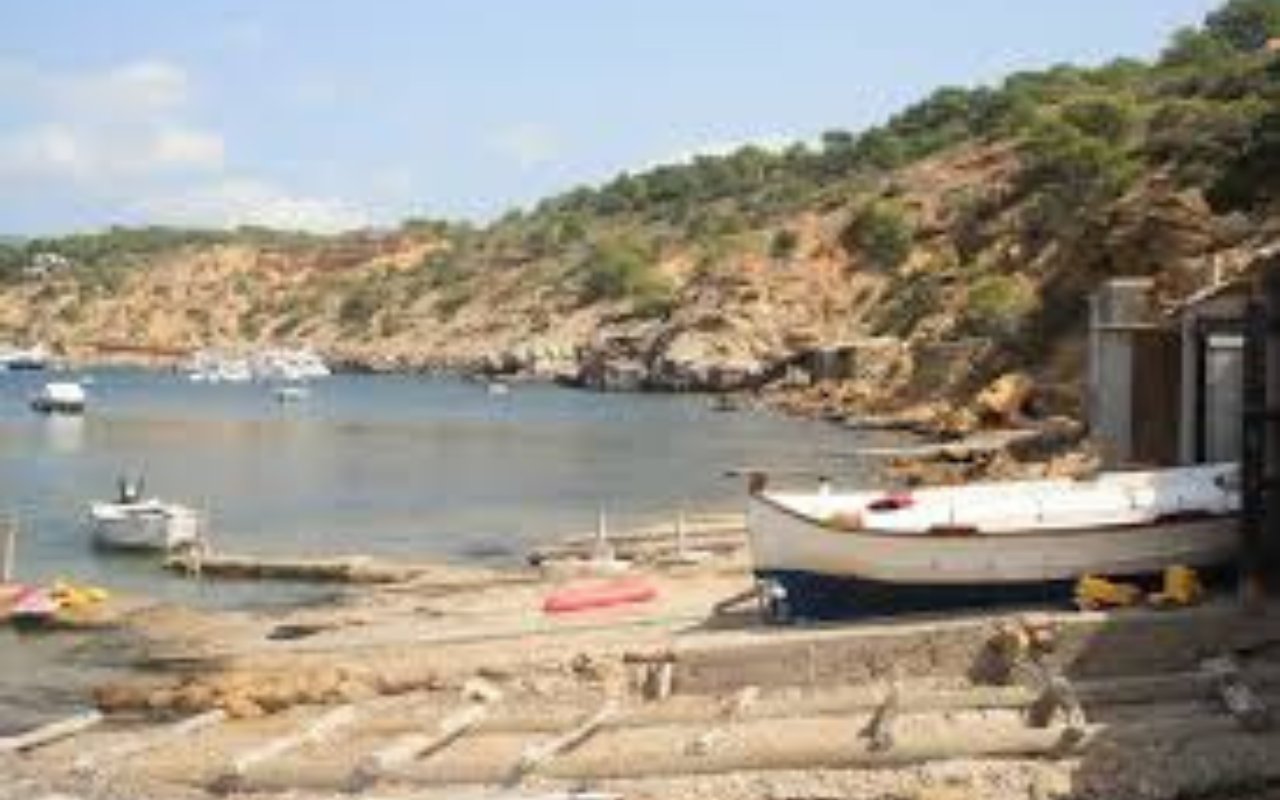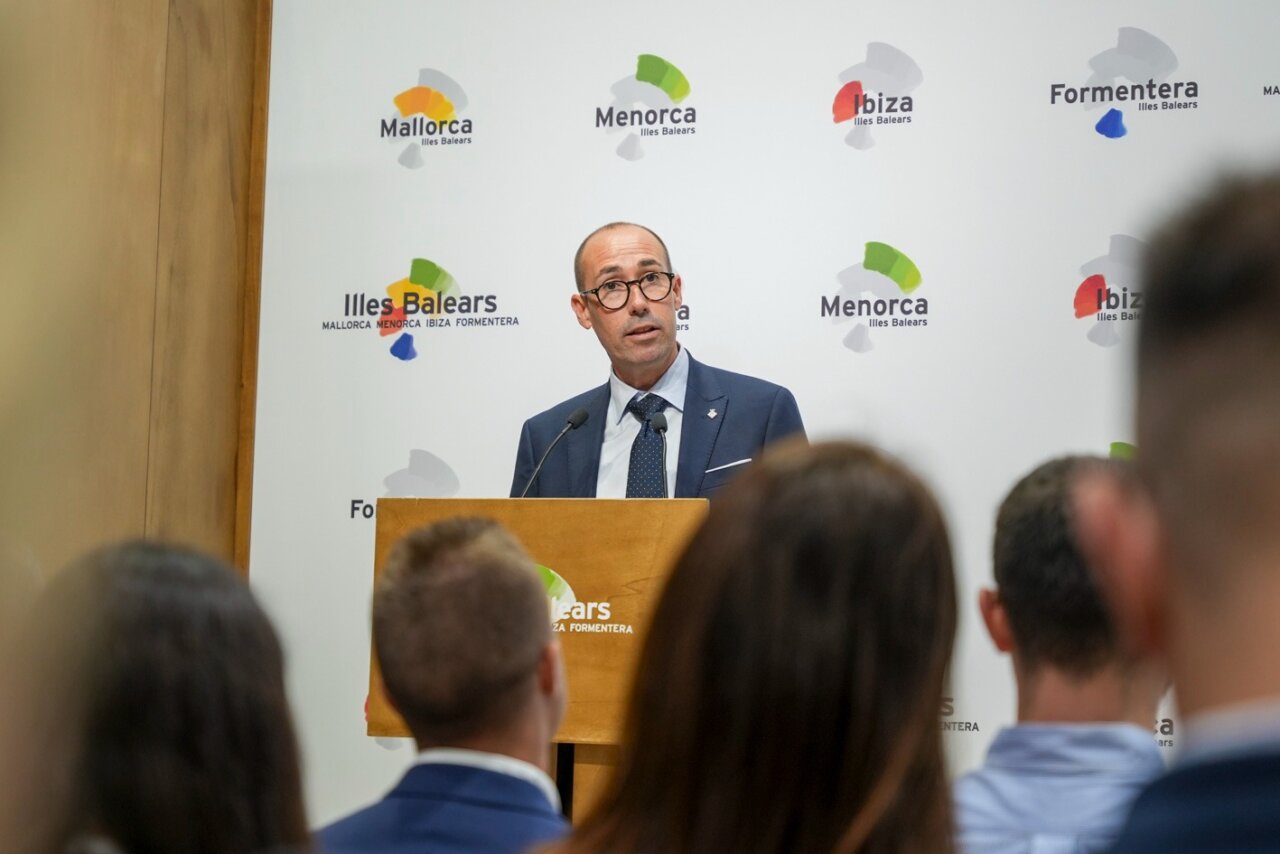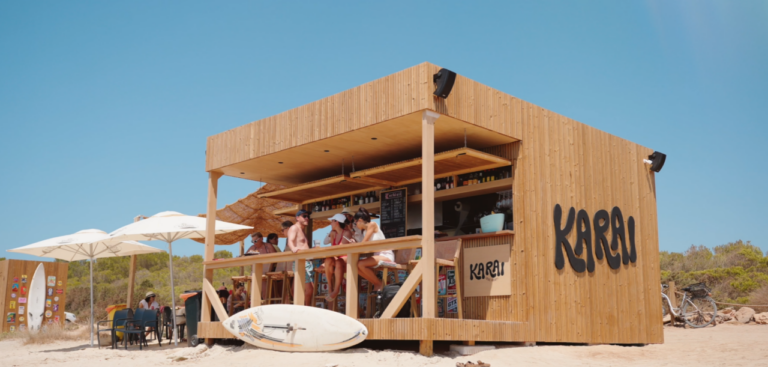The Institut d’Estudis Eivissencs (IEE) has expressed its deep concern about the proposal of the Popular Party to modify the vehicular language in education, considering that it is “a new attack on Catalan” and an attempt to “further corner its social use as the language of the Balearic Islands”.
The entity states that, after the latest political decisions and the lack of institutional will to guarantee the presence of Catalan in all public spheres, the aim is now to reduce its role in the educational system as well.
“Catalan is a tool for cohesion, coexistence and equal opportunities, and reducing its use means impoverishing our culture and weakening our collective identity,” the IEE communiqué stresses.
Concern over a “serious setback” in language rights
The Institut d’Estudis Eivissencs considers that the PP initiative represents a serious risk to the normalization and linguistic cohesion of the territory, as well as to the respect for the cultural and linguistic diversity that characterizes the islands.
For decades, Balearic society has worked to recover linguistic normality and place Catalan as an element of union between generations and cultures. However, the IEE warns that this collective effort is being eroded by “discourses that associate Catalan with imposition or division”, when – it states – “it is the only common element that can unite the different communities that coexist in our islands”.
Criticism of the “balance” between Catalan and Spanish
The cultural entity maintains that the measures presented by political leaders as a supposed “balance” between Catalan and Spanish actually hide “a desire for the progressive displacement of the native language”.
According to the IEE, the proposals of the Popular Party aim to dismantle the only space where Catalan maintains effective protection: the school. If approved, it warns, it would mean “a serious setback in the guarantee of linguistic rights and social cohesion”.
In view of this situation, the Institut d’Estudis Eivissencs calls on all institutions, entities and citizens to reaffirm the role of Catalan as a vehicular language, a language of welcome and coexistence.
“No society can progress if it renounces its voice, and our voice – the one that has made us who we are – is and must continue to be Catalan,” the communiqué concludes.











